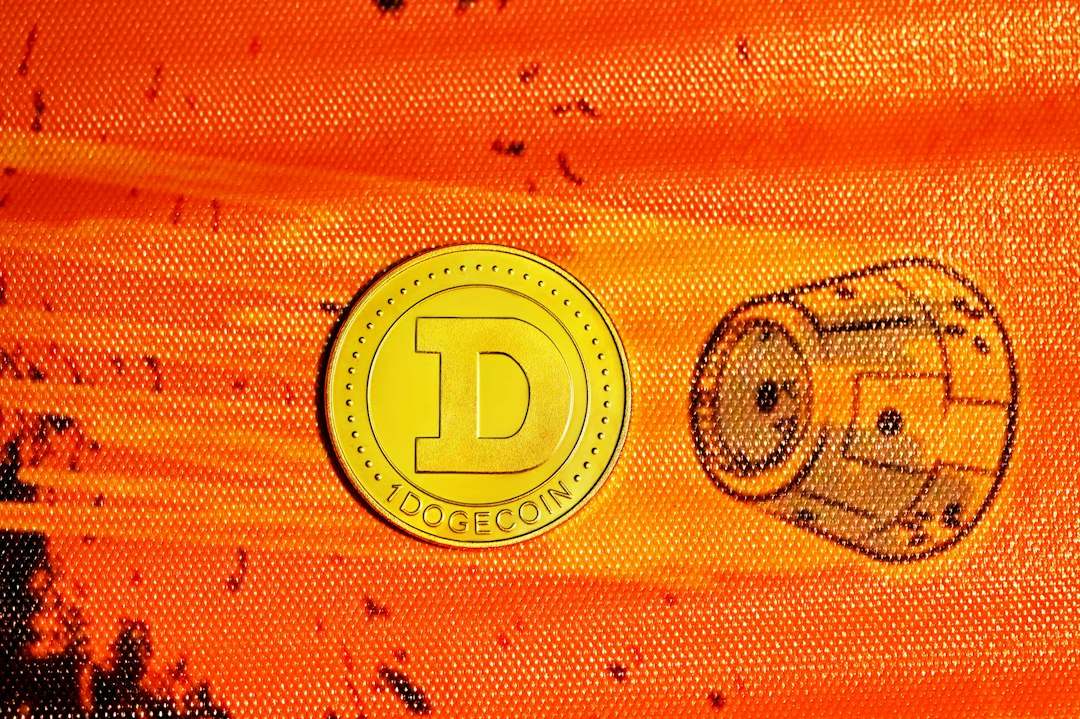Russian Experts Believe Government Will Use Digital Ruble to Pay State Benefits
Russian experts predict that the government will utilize the digital ruble to pay state benefits and potentially evade sanctions. While initial pilot tests will focus on micropayments and wallet top-up functionality, experts believe that the Central Bank has larger plans for the digital currency. It is estimated that it will take around three years for citizens to fully engage in financial activities with the CBDC. However, some experts are more optimistic, with the head of Skolkovo stating that the digital ruble will likely be used for government payments. The Central Bank will launch its pilot on August 15, involving 600 citizens and partnerships with retailers and banks.
Digital Ruble’s Potential Uses in Business Transactions and Cross-Border Payments
In addition to state benefits, experts suggest that the digital ruble could be utilized in government tender agreements to pay contractors and state pensions. The CBDC may also be valuable in the project financing market, allowing parties to maintain control over fund usage. Furthermore, it could facilitate cross-border transactions, enabling Moscow and Minsk to make payments with their closest allies. The need for a cross-border CBDC has increased due to sanctions and limited access to the SWIFT banking network.
Challenges and Concerns for the Russian Central Bank
While Russia’s digital ruble plans resemble China’s digital yuan adoption strategy, challenges lie ahead for the Russian Central Bank. Business leaders and banks have expressed concerns about the CBDC, and it remains unclear why Sberbank and Tinkoff Bank dropped out of the pilot program. The reasons for their withdrawal are unknown, and it is uncertain whether Sberbank will support the digital ruble in the future.
Hot Take: Potential for Digital Ruble to Transform Government Payments and Cross-Border Transactions
The digital ruble has the potential to revolutionize government payments, allowing for efficient and secure transactions. By utilizing the CBDC, the Russian government can streamline the process of paying state benefits and contractors, providing greater transparency and accountability. Additionally, the digital ruble’s cross-border capabilities could enhance international trade and collaboration. However, the Russian Central Bank must address concerns and ensure widespread adoption to fully realize the benefits of the digital ruble.





 By
By
 By
By
 By
By

 By
By
 By
By